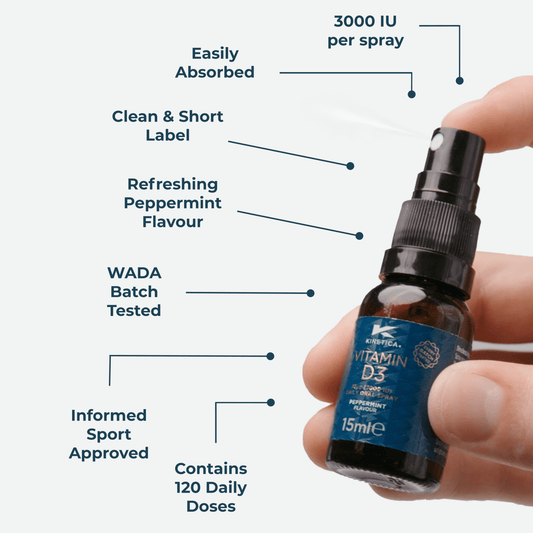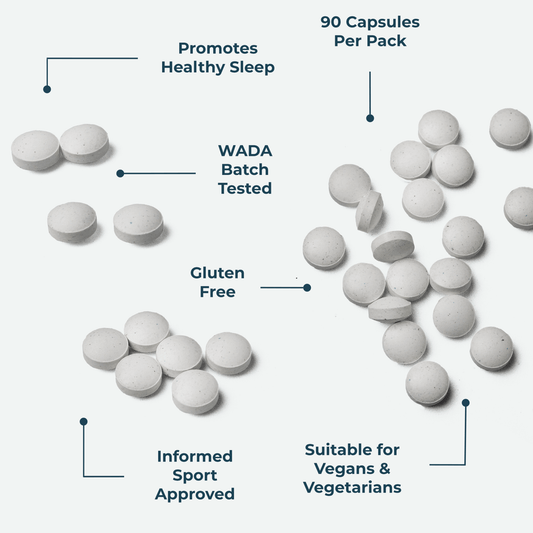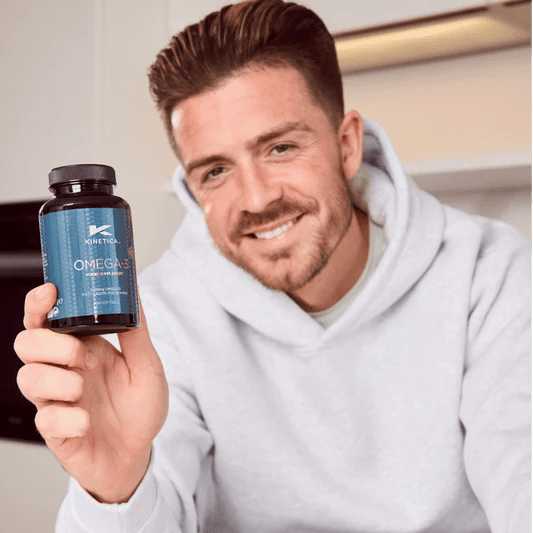Keeping the bugs at bay. How can we protect our immune system?

It is important to remember that while some exercise is very good for us and it is recommended we participate in some type of movement every day, when we increase the volume and intensity there can be a risk of exercise induced immunosuppression. Athletes are at increased risk of developing symptoms of minor respiratory illness during periods of intense training or 1-2 weeks following competition. The most common illness athletes suffer from are viral infections of the upper respiratory tract (ie the common cold). This can then have knock on effects causing athletes to miss training, under perform or even miss out on an important race or competition.
Prolonged bouts of strenuous exercise have been shown to result in temporary depression of white blood cell functions. This is why it is particularly important to ensure that your nutritional recovery strategies post exercise are well timed. By including carbohydrates and protein in this “window of opportunity” you allow your body to refuel the muscles but also refuel the immune system by providing energy sources for the white blood cells and other elements of the immune system.
The immune system’s ability to clear viruses, bacteria and other bugs, termed ‘resistance’, is dependent upon an adequate supply of energy from important fuel sources; including, glucose, amino acids and fatty acids. Micronutrients such as Iron and Zinc help support the macronutrients and also boost the antioxidant defence systems that will reduce tissue damage (e.g. vitamins C and E). Some micronutrients can directly influence immune cell functions by regulating gene expression (e.g. vitamin D). Most of the evidence, to date, suggests that maintenance of a healthy vitamin D status is important for influencing the body’s immune function. Prebiotics and Probiotics may play a role in helping the gut microbiome offer immunity benefits as well. The main aim will be that a wide variety of foods and nutrients are consumed to ensure that athletes meet their energy needs. Where sources of the nutrient are not found widely in foods (sunlight would be the main source of vitamin D), it might be important to add a supplement to the normal diet for a period of time (wintertime supplementation of vitamin D).
It is amazing that athletes are all aware that protein requirements are increased during a hypertrophy phase in the gym and increase it accordingly. The same needs to be done with carbohydrates and energy (calories) when the aerobic load and training load increases. Often appetite can be affected around heavy training sessions and this can be a factor in people not being able to consume enough calories, carbohydrates and protein around that session. If you’re reading this and thinking ‘relatable’, it might be worth considering Kinetica’s Oatgain to help you achieve the amounts that you need in a form that is palatable and practical especially if you’re on the go.
How can we minimise the risk of infection?
1. Hand washing is crucial and has always been the most important piece of advice to reduce infections. Regular handwashing before and after eating, after leaving public places, using equipment Keep your distance from people and avoid people who are coughing, sneezing or have a “runny nose”
2. Make sure you fuel your sessions. Often athletes may be trying to achieve changes in body composition as well as training. Don’t fall into the trap of eating less to change your weight or shape. Food and fuelling your training adequately is the way to achieve change. You will be much more consistent in training in the longer term.
3. Make sure you are up to date on all vaccines.
4. Do not share drinks bottles, cups, towels etc.
5. Ensure adequate carbohydrate intakes pre, during and post prolonged exercise to limit suppression of your immune system. Research would suggest around 1g per kg of body weight for hour. This is particularly important in exercise lasting 2 hours plus.
6. Make sure you are getting enough fluids to match losses. It can be more difficult in the heat but remember during the winter when you’re layered up you can still be sweating quite a lot.
7. Plenty of colour and variety. Sometimes this can be difficult when you are busy with life, work, home, training. Make sure you have some prep done and it will stand to you.
8. Fasted sessions really need to be planned in through the week. This can catch people out and if this is something that you’re considering it might be important to reflect why you are doing it and if its working in the longer term. Just because someone else is doing it doesn’t mean that it will suit you.









